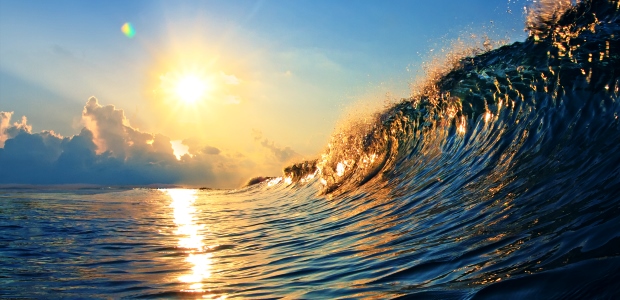
NOAA Awards $31 Million in Ocean Observing Grants
The five-year cooperative agreements are a fundamental activity for IOOS that fulfills requirements set forth in the 2009 ICOOS Act. Goals for these agreements focus on increasing the availability and accessibility of data and on maintaining and expanding the observing capabilities throughout the country.
The U.S. Integrated Ocean Observing System program, part of NOAA, has awarded more than $31 million in grants to support ocean, coastal, and Great Lakes observing efforts throughout the United States, the Caribbean, and the Pacific, with the money distributed mainly in the form of five-year cooperative agreements and augmented by funds from other federal offices and agencies and outside groups. They include NOAA's Office Oceanic and Atmospheric Research, NOAA's Ocean Acidification Program, the National Weather Service, NOAA Fisheries, NOAA's Office of Coast Survey, NOAA's Office for Coastal Management, NOAA's National Centers for Coastal Ocean Science, NOAA's Satellite and Information Service, the U.S. Geological Survey, and NOAA's Great Lakes Environmental Research Laboratory.
According to the announcement, these cooperative agreements are a fundamental activity for IOOS that fulfills requirements set forth in the 2009 ICOOS Act. Goals for these agreements focus on increasing the availability and accessibility of data and on maintaining and expanding the observing capabilities throughout the country.
For example, the Alaska Ocean Observing System will continue to build its state-of-the-art Ocean Data Explorer portal, while the Central and Northern California Ocean Observing System during the next five years will operate a diverse observing system in the coastal ocean, bays, and estuaries. The Gulf of Mexico Coastal Ocean Observing System is committed to implementing its buildout plan for a sustained regional observing system for the Gulf of Mexico.
Funds also have been awarded to groups that focus on developing and expanding technological resources that support ocean observing. The Alliance for Coastal Technologies, a partnership dedicated to R&D on platforms and sensors for ocean observing, and the Coastal and Ocean Modeling Testbed (via the Southeastern Universities Research Association), which works to transfer R&D to improve operational coastal modeling and forecasting, also have been awarded grants.